Young Health Programme
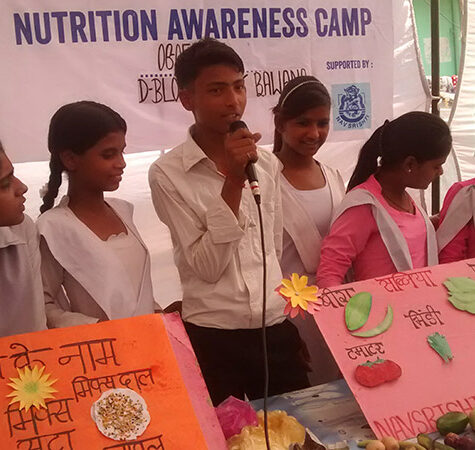
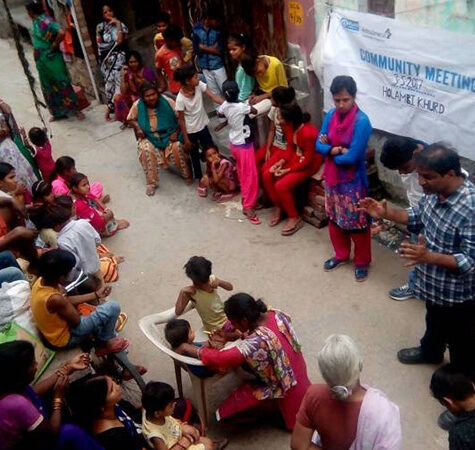
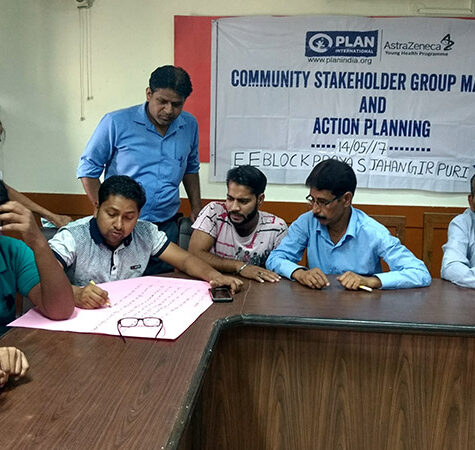
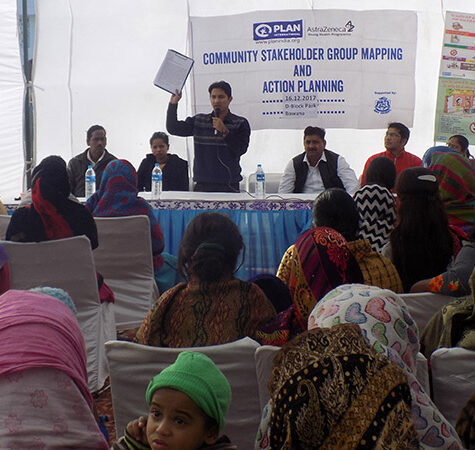
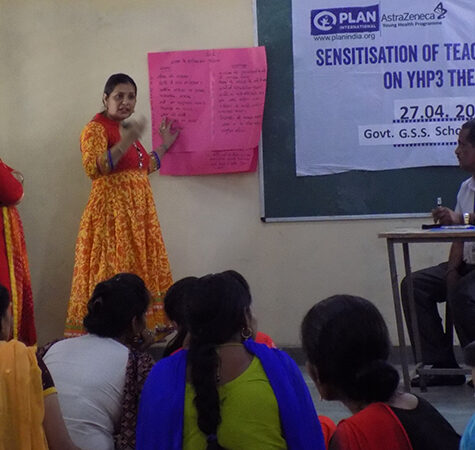
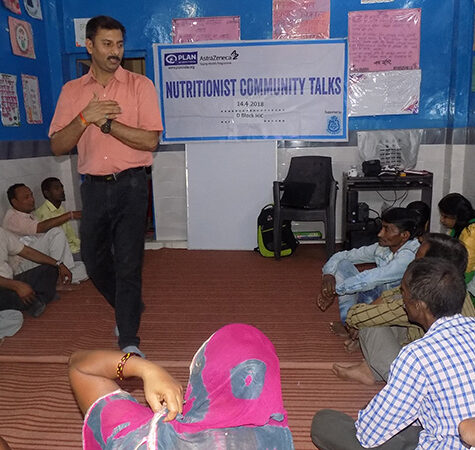
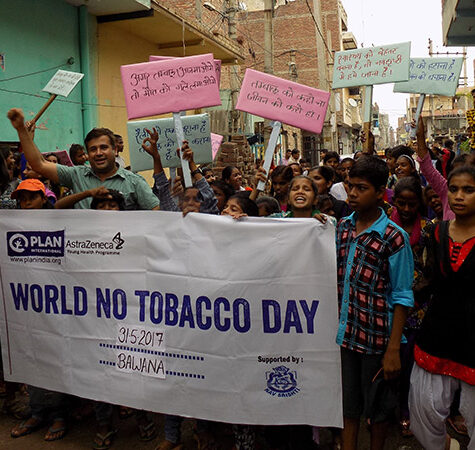
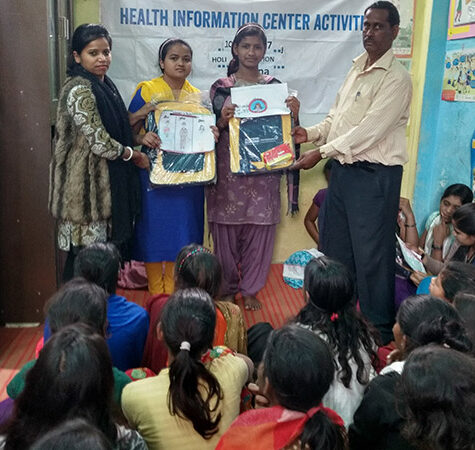
The Young Health Program is being implemented with the support of Plan-India since November 2010 with an aim to make a meaningful difference to the health and well-being of the marginalized adolescents by helping them to make informed choices to protect their health in their present and future context. The first phase (Nov 2010 to Oct 2013) &second phase (Nov 2013 to Oct 2015) of the program was implemented in Holambi Kalan (Phase-1 & 2) and Now the third phase (Jan 2016 to June 2021) of the program is being implemented in three areas including Bawana, Holambi Kalan Village and Jahangipuri in Delhi’ s High priority North West District. It covers a population of more than 550000 and the program successfully has reached out more than 25000 households.
Major beneficiaries are the young people between the 10 to 24 years of age. Besides the program benefit goes to the people from the wider population including policy makers, educators and health professionals.
The 3rd phase of the Young Health Program is building on existing learning to expand into a cluster of marginalized communities across the North West District of Delhi, targeting vulnerable young people aged 10-24 years. The program is tackling the significant threat of Non-communicable diseases (NCDs) by aiming to reduce the practice of associated risk behaviors such as harmful use of Alcohol, use of Tobacco and Tobacco products, poor eating habits and inactive lifestyles, and also addressing behaviors which jeopardize young people’s sexual and reproductive health. The program is engaging strategies including youth empowerment through peer education, community mobilization, health services strengthening and local advocacy.
Major outcome and impact of the program
More than 20000 young people are directly enrolled in the program and further more than 100000 young people are the beneficiaries of the program through peer education methodology.
Since the beginning, YHP has trained more than 2000 Peer educators. The certified peer educators voluntarily work and participate in a range of activities organized by Young Health Program like meetings, Health Information Center sessions, community session, rally, street theatre, referrals, mobilizing more young people to the HIC etc.
YHP supported two primary health centres to develop adolescent friendly health services clinic, which is also the mandate of RKSK (Rashtriya Kishor Swasthya Karyakram) program. The YHP team installed SBCC (Social and Behavior Change Communication) materials, sign boards and trained front line health workers on the components of adolescent friendly health services. The main impact after the intervention has been in the form of increased number of young people access the services and avail the benefits.
The YHP has developed and trained youth-led Street theatre teams that mobilize the community and reinforce YHP messages. Through performing street plays, the theatre teams received community acceptance and positive feedback, and enhanced their skills and confidence. This team has registered itself as a CBO (Community Based Organization) and now working with multiple Govt. and other Organizations.
